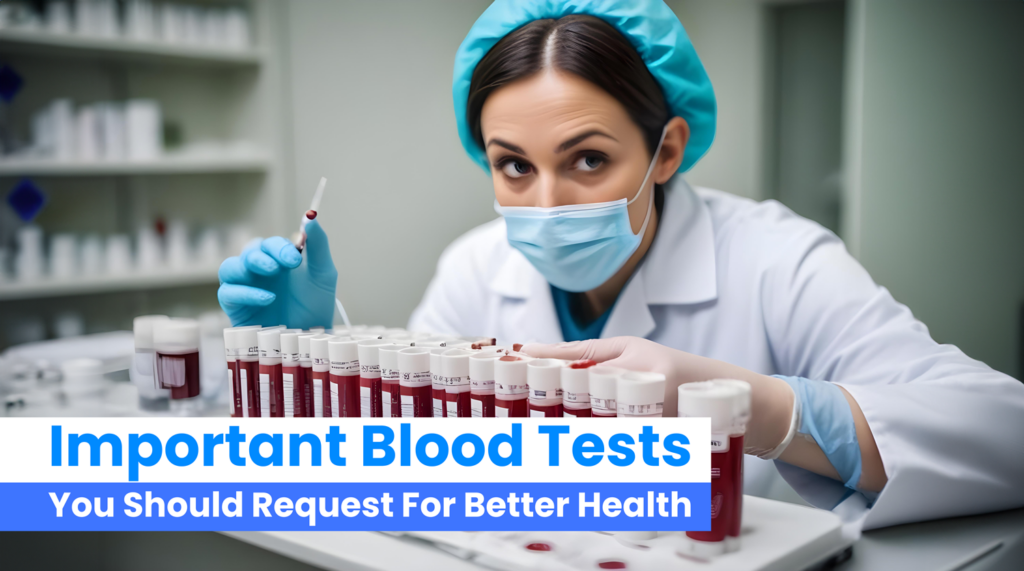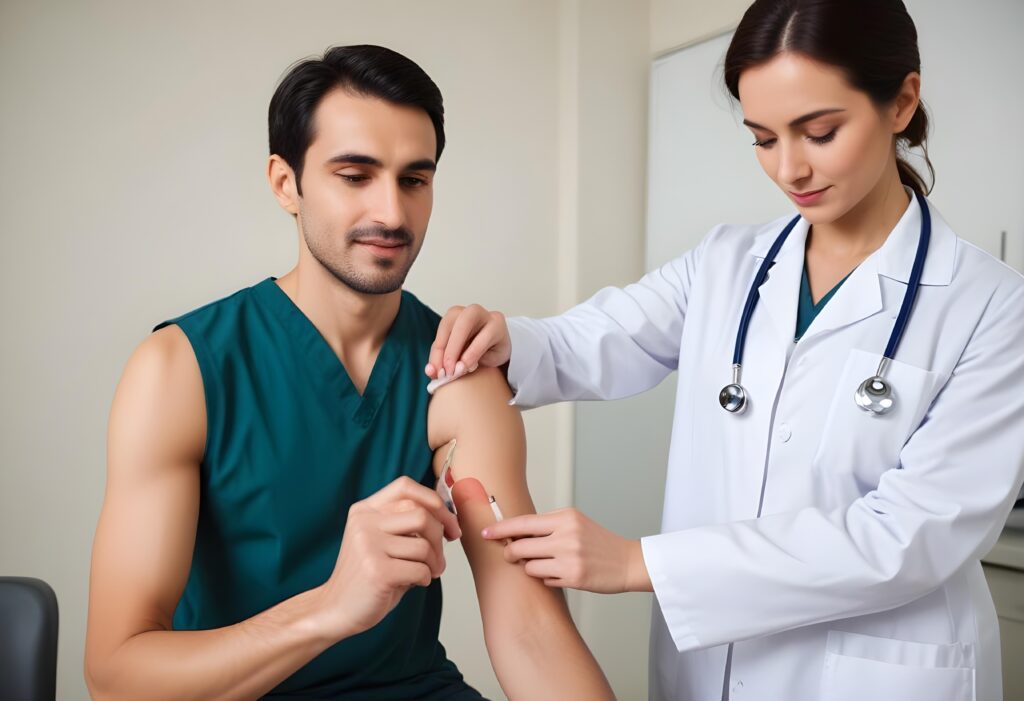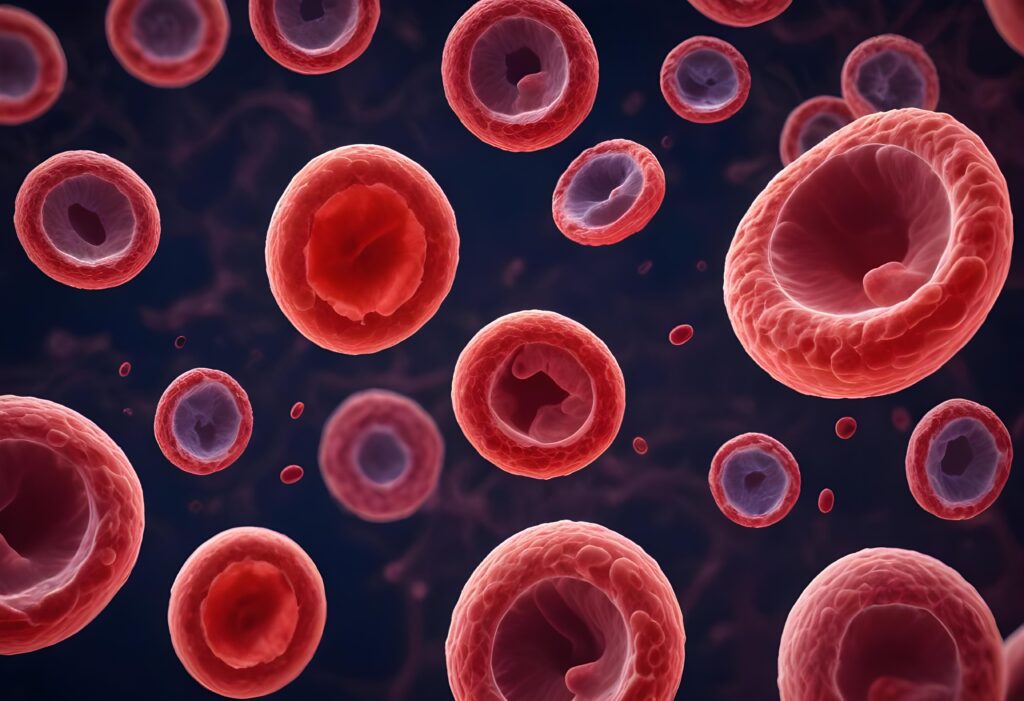
How long has it been since you had your cholesterol checked? Do you know what your blood glucose levels are? It’s likely that you are familiar with such figures if you are maintaining your annual checkups. But did you know there are other important blood tests that might need to be a part of your health management plan?
Getting frequent blood tests done is a crucial step in assessing and tracking the health of your body, regardless of your current state of health. Routine blood tests are important for identifying problems that may be putting you at risk, as well as diagnosing conditions and diseases earlier when they are most treatable.
Blood tests can help a doctor detect a variety of conditions, including HIV, cancer, diabetes, anemia, high cholesterol, infections, and vitamin deficiencies. Blood tests are used by doctors to examine how chemicals, proteins, and cells behave in your blood.
This can provide doctors a basic idea of your health and help with tracking long-term problems, diagnosing different illnesses, assessing organ function, and determining how strong your immune system is. Regular blood tests are one of the most important ways to keep an eye on your general physical condition.
Measuring Blood Sugar Alone Isn’t Enough
Doctors used to diagnose diabetes when a patient’s fasting blood sugar exceeded 140 mg/dL in the past. We now know that diabetes complications can start at lower blood glucose levels.
They lowered the cutoff to 126 mg/dL for that reason. Glucose intolerance is when blood sugar is high but not yet at diabetic levels. Doctors diagnosed it at 110 mg/dL, but now they identify it at 100 mg/dL.
But, even with normal blood glucose, you’re not safe. You could still get diabetes and its health risks. Blood glucose tests provide incomplete information about a person’s health. Instead, you need a special kind of insulin test, too.
The Insulin Response Test
Most doctors use the OGTT (Oral Glucose Tolerance Test) to check for insulin resistance or diabetes. Drinking a solution containing 75 grams of glucose is required for this. That’s the same as the sugar in two 12 oz sodas. Then, the provider will check your blood sugar at 30 minutes, one hour, and two hours later.
Your body’s reaction to a diet heavy in carbohydrates is demonstrated by this test. Blood glucose levels that are high or persistent may indicate diabetes or insulin resistance.
Your increasing insulin resistance may be indicated by a standard OGTT. This is because a lot of doctors won’t order this test if your fasting blood sugar isn’t excessive already.
Go for an insulin response test. It’s the most sensitive test for early detection of insulin resistance and diabesity. It helps identify the condition early. It also guides more aggressive treatments.

The Six Stages of Insulin Resistance
There are six stages of insulin resistance. Regretfully, most physicians don’t do anything until their patients get to the fifth stage.
- Stage 1: An OGTT shows sharp insulin spikes 30 minutes, one hour, and two hours after a glucose drink. Blood glucose may still look normal.
- Stage 2: Fasting insulin levels are high. Both during and after an OGTT, blood sugar levels are normal.
- Stage 3: After drinking the glucose solution, blood sugar and insulin rise at 30 minutes, 1 hour, and 2 hours.
- Stage 4: Elevated fasting insulin and blood sugar levels surpass 90 or 100 mg/dL when fasting.
- Stage 5: Blood sugar levels while fasting surpass 126 mg/dL.
- Stage 6: Fasting insulin levels drop. The pancreas begins to fail. Blood sugar levels after fasting are still rising.
The insulin response test can help diagnose diabetes. It checks if the pancreas still produces insulin or if its function has declined. In some cases, a burned-out pancreas can recover and reverse diabetes.
After decades of poor diet and lack of exercise, some may not be able to reverse diabetes completely. Addressing all aspects prevents additional problems from arising.
This test is rarely done in medical practices today. So, diabetes often goes undiagnosed in those who have it. A fasting and 30-minute post-glucose-load test can quickly find insulin resistance. It checks blood glucose and insulin levels. It is effective.
Also, recent research shows that a 30-minute glucose and insulin test, after fasting, can be as good as a two-hour insulin response test for diagnosing insulin resistance. Some people have a delayed insulin response. Their body takes longer to release insulin after eating. But, the 30-minute test can be a quick way to test for most people.

Optimal Blood Sugar and Insulin Levels:
Here are the optimal blood sugar levels and insulin levels:
Blood Sugar Levels: Blood sugar after fasting should be under 80 mg/dL. The blood glucose level should not increase beyond 110 mg/dL (others claim 120 mg/dL) after thirty minutes, an hour, or two hours.
Insulin Levels: The ideal range for fasting insulin is 2–5 mIU/dL. Anything that is highly increased is 10 mIU/dL or above. Thirty-minute, one-hour, and two-hour insulin levels should be less than 25 mIU/dL to 30 mIU/dL. Insulin resistance is indicated to some extent by levels more than 30 mIU/dL.
Check Your Hemoglobin A1c: The hemoglobin A1c test calculates your blood sugar’s average over the previous six weeks. It’s used to monitor diabetics. It’s also a good tool for diagnosing diabetes, possibly better than a fasting blood sugar test.
Your fasting blood sugar may be normal. But, your hemoglobin A1c could be high. It reflects all the food you eat during the day. Aim for a hemoglobin A1c level below 5.5 % of total hemoglobin. A level above 6.0 % indicates diabetes. When diabetes is unmanaged, blood sugar levels exceed 7.0 %.
Optimize Your Health With The Right Test
Not everybody will need these tests, and the frequency of when you get them depends on your personal health history and risk factors. It is crucial to know the state of your health and always track it with the help of the right blood tests. That is why there are several blood tests, for example, the Insulin Response Test and Hemoglobin A1c, which give you the most important information regarding your condition and can show some problems that are invisible for standard examination.
At Direct Preventive Care, we are focused on your health and use a three-step approach. In the first step, you are provided with the state-of-the-art health and wellness assessment by our top board-certified clinicians followed by recommending more detailed functional health declines. Subsequently, individualized treatment plans are developed and implemented with the assistance of our qualified health coaches, to address all the potential causes. The last of the important services is the support by our professional staff which is tailored to help you meet your health goals and objectives by constantly reviewing your project. Check out Direct Preventive Care for proper blood testing and be compliant with your total healthcare needs.
Promote your health now and make an appointment for your blood tests at DPC – your health is important to us.














